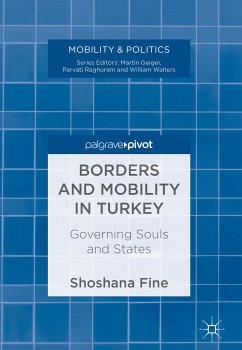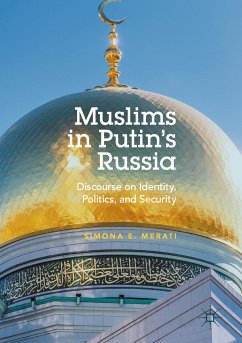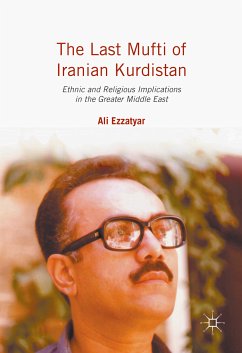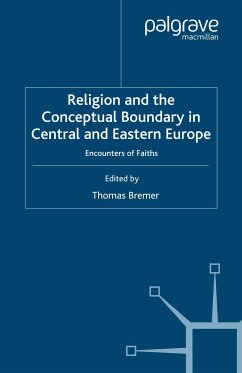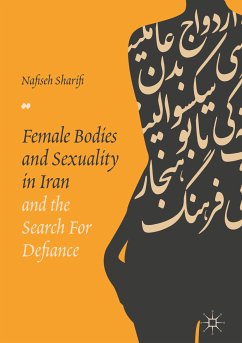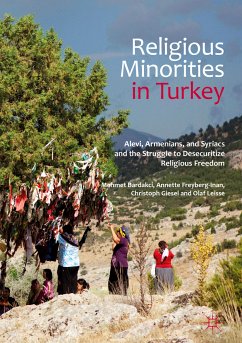
Religious Minorities in Turkey (eBook, PDF)
Alevi, Armenians, and Syriacs and the Struggle to Desecuritize Religious Freedom
Versandkostenfrei!
Sofort per Download lieferbar
64,95 €
inkl. MwSt.
Weitere Ausgaben:

PAYBACK Punkte
32 °P sammeln!
This book considers the key issue of Turkey's treatment of minorities in relation to its complex paths of both European integration and domestic and international reorientation. The expectations of Turkey's EU and other international counterparts, as well as important domestic demands, have pushed Turkey to broaden the rights of religious and other minorities. More recently a turn towards autocratic government is rolling back some earlier achievements. This book shows how these broader processes affect the lives of three important religious groups in Turkey: the Alevi as a large Muslim communi...
This book considers the key issue of Turkey's treatment of minorities in relation to its complex paths of both European integration and domestic and international reorientation. The expectations of Turkey's EU and other international counterparts, as well as important domestic demands, have pushed Turkey to broaden the rights of religious and other minorities. More recently a turn towards autocratic government is rolling back some earlier achievements. This book shows how these broader processes affect the lives of three important religious groups in Turkey: the Alevi as a large Muslim community and the Christian communities of Armenians and Syriacs. Drawing on a wealth of original data and extensive fieldwork, the authors compare and explain improvements, set-backs, and lingering concerns for Turkey's religious minorities and identify important challenges for Turkey's future democratic development and European path. The book will appeal to students and scholars in the fields of minority politics, contemporary Turkish politics, and religion and politics.
Dieser Download kann aus rechtlichen Gründen nur mit Rechnungsadresse in A, B, BG, CY, CZ, D, DK, EW, E, FIN, F, GR, HR, H, IRL, I, LT, L, LR, M, NL, PL, P, R, S, SLO, SK ausgeliefert werden.





